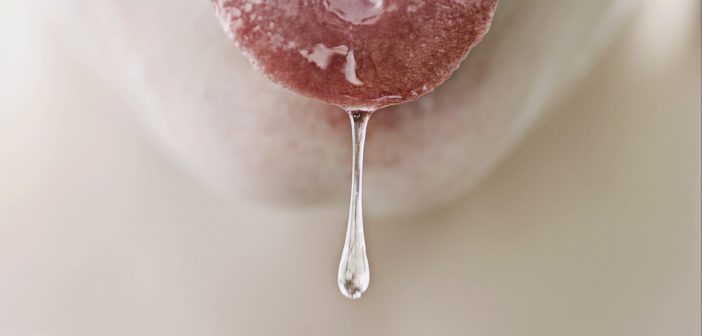The reason why injuries in the mouth heals faster has been revealed. It is because chemical in saliva boosts the formation of blood vessels, a process that is critical in recovering from an injury.
Medical experts are now saying ‘licking your wounds’ is more than just an expression and is based on scientific fact, And that harnessing the healing power of saliva opens “a wide door” to improving the treatment of wounds.
Prof Vicente Torres, of the Institute for Research in Dental Sciences at the University of Chile, Santiago, said: “These findings open new alternatives to better understand the biology underlying the differences between oral and skin wound healing.
“We believe the study could help the design of better approaches to improve wound healing in tissues other than the mouth.”
The research published in The FASEB (Federation of American Societies for Experimental Biology) Journal revealed the salivary protein histatin-1 aids wound healing.
Prof Torres and colleagues made the breakthrough by delving into the mystifying fact mouth wounds mend better and quicker. Until now, it was understood saliva played a part in the wound healing process, although the extent of its role was unknown.
The study examined the effects of histatin-1 on new blood vessels, a process known medically as angiogenesis. It showed the molecule promoted angiogenesis, as well as improving the contact and migration of cells.
Prof Torres’ team carried out experiments on chicken embryos and human skin and blood vessel cells. Using these three models, histatin-1 and saliva samples obtained from healthy donors were found to increase blood vessel formation. The researchers have already begun using these molecules to generate materials and implants to aid in wound healing.
Prof Torres said: “Saliva is a key factor that contributes to the high efficiency of wound healing in the inside of the mouth. “This is not only attributed to physical cues but also to the presence of specific peptides in the saliva, such as histatins.
“Histatin-1 is an antimicrobial peptide, highly enriched in human saliva, which has been previously reported to promote the migration of oral skin cells in lab animals.
“However, the participation of histatin-1 in other crucial events required for wound healing, such as angiogenesis, is unknown.
“Specifically, histatin-1 promoted skin cell contact and spreading as well as migration in the wound closure tests.
“Finally, we showed that salivary histatin-1 is required for the promigratory effects of saliva on skin cells.
“In conclusion, we report salivary histatin-1 is a novel proangiogenic factor that may contribute to oral wound healing.”
Journal editor Dr Thoru Pederson, of the University of Massachusetts Medical School, welcomed the exciting discovery. He added: “The clear results of the present study open a wide door to a therapeutic advance. “They also bring to mind the possible meaning of animals, and often children, ‘licking their wounds.'”




